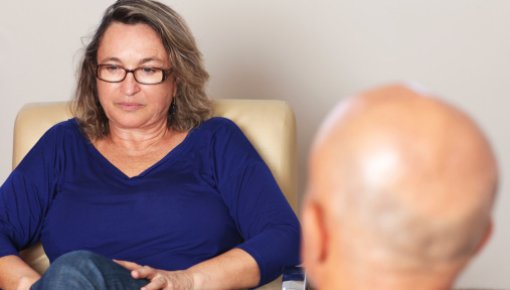Depression is treated with medications called antidepressants. They can have a mood-lifting effect and increase motivation. Antidepressants are often used in combination with psychological treatment. Medication is hardly effective in mild depression, and sometimes not at all. It is only prescribed for people with mild depression in certain situations, like if the symptoms don't go away or are likely to get worse.
The symptoms sometimes get better without antidepressants after a short while. The possible side effects will also play a role when deciding whether or not to take antidepressants.
But it usually takes several days or weeks for antidepressants to start working. In acute depression they have to be taken every day for several weeks or months before they start having a noticeable effect. This is often followed by continuation treatment, which lasts several months, and sometimes long-term therapy as well in order to prevent the depression from coming back.
The possible side effects of antidepressants include a dry mouth, headaches and feeling faint, restlessness and a decreased sex drive. These usually arise within the first few weeks of taking antidepressants. Whether or not someone has side effects, which side effects they have, and how frequent the side effects are will depend on the specific drug and dose that is used.
And everyone reacts slightly differently to drugs too. That’s why it’s important to see a doctor regularly while on medication, so they can see how things are going and adjust the treatment if necessary. Towards the end of the treatment, the dose of antidepressants is gradually reduced over the course of several weeks. If someone stops taking antidepressants suddenly, they might (temporarily) have problems sleeping, feel nauseous or restless. Stopping taking the medication as soon as you start to feel better without consulting your doctor can increase the risk of depression returning.
There's more information about how antidepressants work and what side effects they can have in the information “How effective are antidepressants?”

